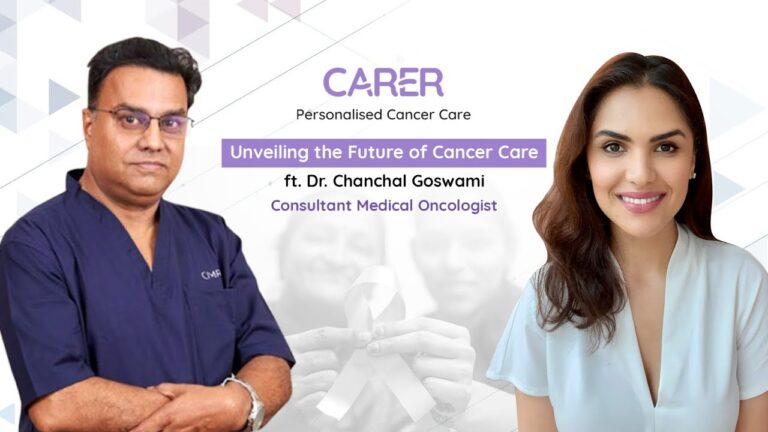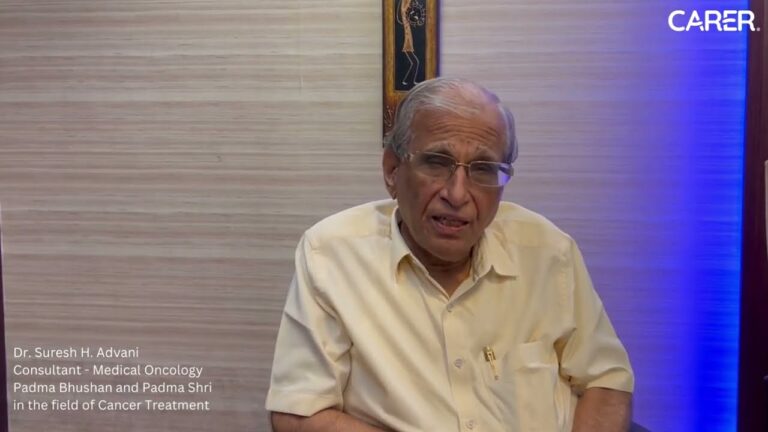A Holistic Approach to Cancer Care
Dr. Ponam Patil on Integrative Oncology
Integrative oncology is an evolving specialty that focuses on patient-centered care, combining conventional medical treatments with complementary therapies to enhance overall well-being. As Dr. Ponam Patil, a leading expert in the field, explains,
"Integrative oncology uses complementary therapies parallel to medical treatment, and that is why it is important for us to have it. It enhances the efficacy of medical treatment, improves symptom control, and alleviates patient distress—mental or physical."
This approach goes beyond treating the disease itself; it addresses the mind, body, and soul as a unified entity. Dr. Patil emphasizes, "It looks at complementing the medical part of therapy to treat the mind, body, and soul as a holistic approach rather than just the patient or the disease itself." Integrative oncology incorporates a variety of therapies, including nutritional guidance, mind-body practices, meditation, exercise, fitness regimens, and even aesthetics. These therapies not only improve the patient’s ability to withstand treatment but also avoid delays, promote faster recovery, and add value to the overall cancer care journey.
Dr. Patil draws a compelling analogy: "We all know the importance of integrating curricular and extracurricular activities in schools for the all-round development of a child. Similarly, incorporating complementary therapies into patient management helps the patient, who is the reason for our presence here." Integrative oncology fosters a partnership between patients and healers, including doctors, dietitians, nutritionists, fitness trainers, and counselors. It treats the whole person, harnessing their innate healing properties.
"Patients often feel that the problems they perceive as important, such as nausea, pain, depression, or confusion about food intake, do not receive sufficient attention from the treating doctor,"
Dr. Patil notes that integrative oncology bridges this gap by addressing these concerns through supportive management, improving the patient’s quality of life and satisfaction.
Dr. Patil concludes, "Such programs will not only improve the patient’s quality of life but also assist the doctor in treating the patient as a whole." By focusing on the environment in which the tumor grows, rather than just the tumor itself, integrative oncology provides the missing link in cancer care. It is a bold step toward holistic healing, empowering patients to take control of their health and well-being.









